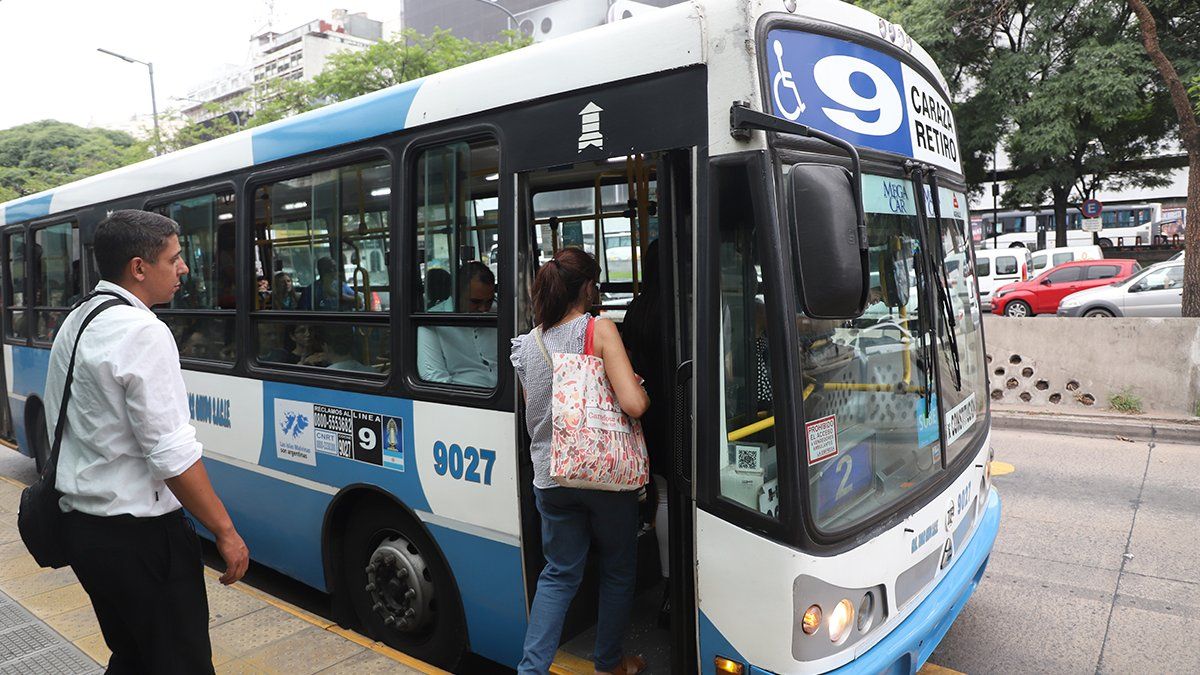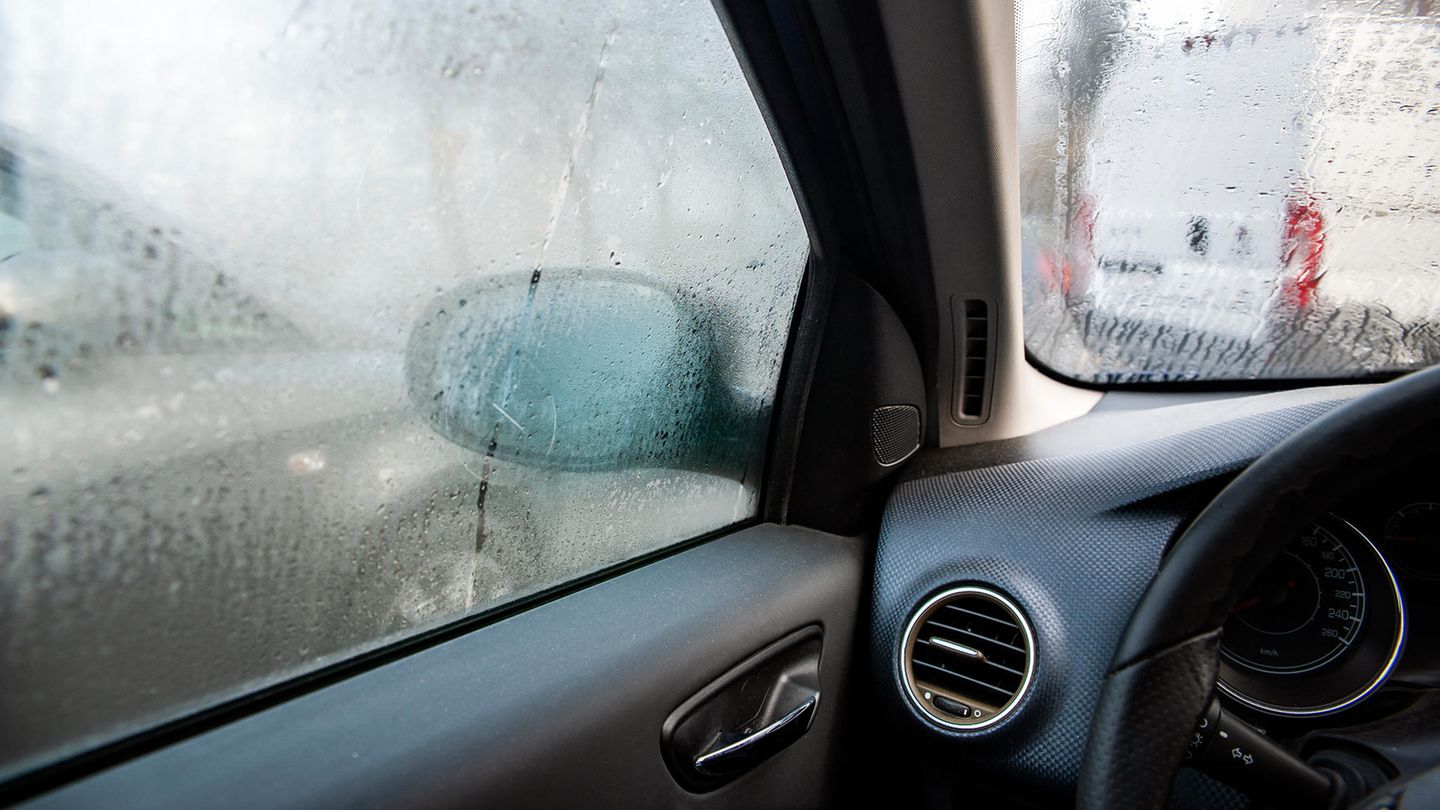According to sources from the business sector, the cost of the ticket should go from the current $600 to about $1,000. With this scenario, without major disbursements from the State, the rate should rise another $400.
The transportation companies of the Buenos Aires Metropolitan Area sent a Document Letter to the Minister of Economy, Luis Caputo, this Wednesday. In the letter, sector firms urge that a new cost structure be made official this week. In that sense, they affirm that if this is not the case they will cut the frequency of transport again. According to industry sources, The cost should go from the current $600 to about $1,000. Therefore, the rate should rise another $400 or compensate for the hole with greater subsidies, since otherwise they assure that with current conditions the service is “unsustainable.”
The content you want to access is exclusive to subscribers.
Tensions return in the transportation sector. A few days after the Government decided to withdraw the subsidy for the interior of the country, the focus of the conflict is now in the AMBA. For that area, The last update of the cost structure was carried out in November but with the values of diesel and salaries – which are determining factors – from August and September respectively.


The business chambers assure that from then on they suffered strong increases. In fuel, which went from $362 to more than $900 and also in labor costs: the basic cost of UTA drivers went from $537,000 in December to $737,000 in February. This is why they consider that the $600 that is currently recognized ($400 via subsidies and $200 via tariff) makes the service “unsustainable.”
This way, They are asking for an urgent update to bring the cost to around $1,000. For companies, it is indifferent whether the hole of $400 per ticket is compensated with greater disbursements from the State or with an increase in the fare paid by passengers. In any case, what they want is to improve their accounts because they assure that “They no longer have the material means to sustain the frequencies.”
The Government is focused on achieving fiscal balance. For this, it is necessary not to increase the subsidy account, which was the only item that increased in real terms in January 2024 compared to the same month in 2023. If it decided not to increase disbursements to companies, the rate would have to go from the current $270 to around $670.
Although the latest fare increases brought the minimum ticket in the Buenos Aires Metropolitan Area to $270, the average paid is lower due to the discounts on the social attribute and the integrated ticket. That average that companies receive reaches $200.
According to what they say in the sector, former Minister Guillermo Ferraro, who was in charge of the Ministry of Transportation, had committed to reviewing the cost structure again during the month of January. The official was fired weeks ago, the structure became part of the Ministry of Economy and the review was never carried out.
On this point, they anticipated that If there is no imminent call, they will advance with forceful measures that could include a strike or cutting frequencies., just as happened at the beginning of the year. “This is not a lock out, companies are running out of capital to operate,” justified the entities that bring together the 18,500 AMBA groups.
Source: Ambito




